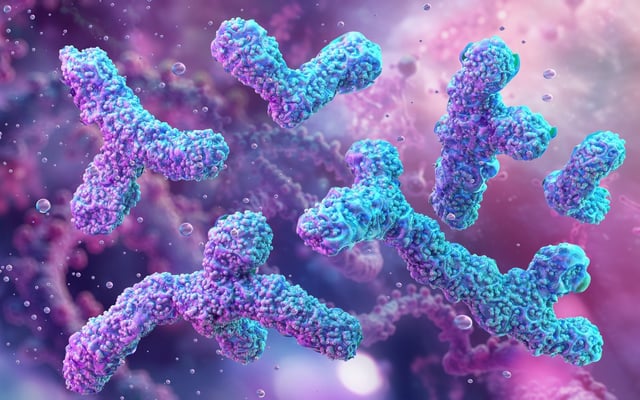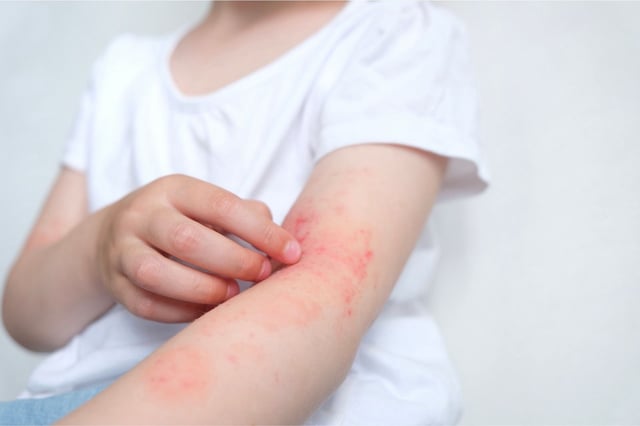Overview
- The My Baby Biome study found 76% of US infants had deficient levels of Bifidobacterium and 25% had none detectable.
- Infants with low or no Bifidobacterium were at least three times more likely to develop allergies, eczema or asthma by age two.
- Researchers link the microbe’s decline to cesarean deliveries, antibiotic exposure and shifts toward processed diets over fermented foods.
- The ongoing seven-year study tracks gut microbiomes and health outcomes in more than 400 infants to assess long-term effects.
- Persephone Biosciences is testing a probiotic formulation containing Bifidobacterium, human milk sugars and vitamin D, with results expected later this year.

